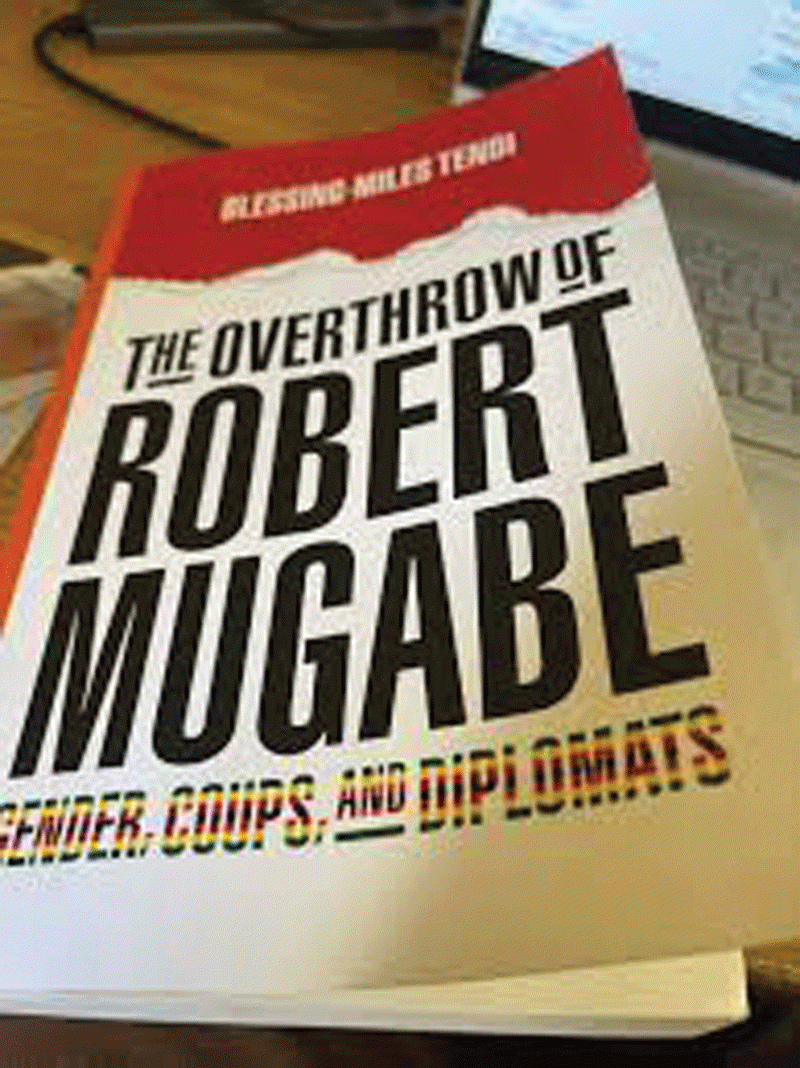
Zimbabwe’s formal unemployment statistics are alarmingly high. Our students are graduating faster than we are employing them. So when it comes to getting jobs, it is a cutthroat world and one has to ensure they stand out head and shoulders above the rest. Your CV is your one chance to impress your interviewer enough to be called for an interview.
Apart from outlining your educational and professional qualifications and history, you need to ensure that you sell yourself exceptionally well in order to supersede your competition. Some people do not even receive calls to come in for an interview because they have not marketed their brand (themselves) well.
Once again, I enlisted the help of my human resources friend in order to find out what makes a CV memorable and what ensures you are called for an interview.
Firstly, ensure that your CV contains the necessary information as per the requirements of the interviewer.
STANDARD INFORMATIONThere is standard information that an interviewer expects to see on your CV:
Personal details: that is, name, contact details, physical and email address. Ensure that these are updated and correct. Some people have missed out on acquiring the jobs they had applied for because they were unreachable due to incorrect or outdated details.Qualifications: Academic qua-lifications attained, when and where they were attained. These should be stated in chronological order.Experience: any professional experience accomplished, that is, where you have worked, capacity worked in, duties and responsibilities. As with the qualifications, write these in chronological order.References: three referees to give references should your employer require them, their names and contact details as well as their places of work.This is the basic information necessary information expected to be outlined on your CV. However, you may add a relevant category at your discretion.
SIMPLE IS STRONGKeep your CV simple and informative. Your layout should be formal so stick to basic fonts like Arial for instance and use black font colour. Refrain from writing in coloured font or using fancy fonts. Layout your experiences and qualifications coherently and ensure that you use clear headings in order to simplify reading through the information.
THE COVER LETTERThe cover or application letter is supposed to interpret the CV, not to repeat it. Make strong connections between your skills and abilities and the skills they are looking for. Your cover letter can make or break you. It will either cause the interviewer to throw away your CV or to read further. You are responsible for marketing the brand called “you”, in a few words so give it your best shot. Understand the job vacancy advertisement and the skills required in order to apply suitably.
- Chamisa under fire over US$120K donation
- Mavhunga puts DeMbare into Chibuku quarterfinals
- Pension funds bet on Cabora Bassa oilfields
- Councils defy govt fire tender directive
Keep Reading
The CV is the most critical stage of obtaining a job because if it does not catch the attention of the interviewer there will be no interview, thus no job.
Quality versus quantity
You may have vast work experiences but not all of them are applicable to the job you are applying for, for instance, if you are applying to become an account executive in an advertising firm, it is not necessary to mention the three years in which you practised as a nurse. Ensure that the information that is relevant to the vacancy you are applying for is easy enough for the interviewer to pick out. Study the vacancy at hand and match the skill requisites with the skills you have acquired over the years. It is not about the amount of information you have but about the relevance of it. If applying for your first job especially if it is straight out of university, attaching your university transcript would be appropriate. However, attaching your ‘O’ level certificate would be immaterial.











